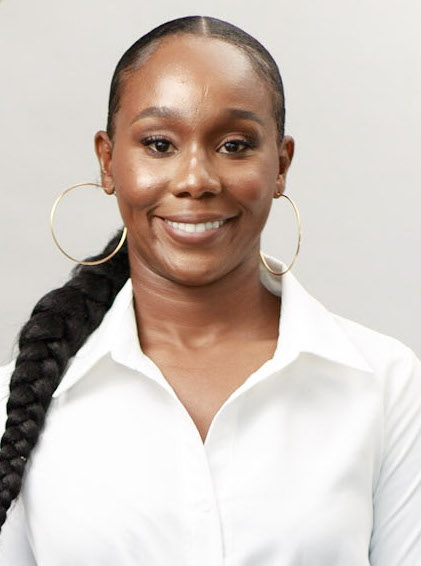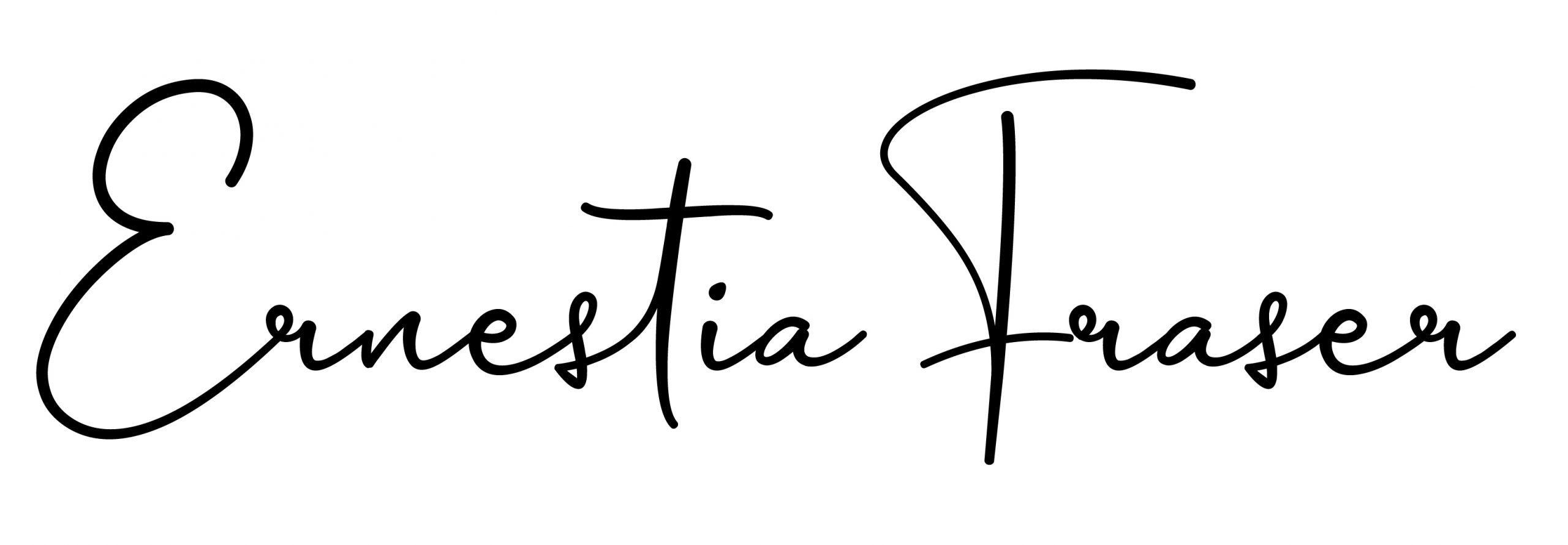FAQS
WHO ARE SOME OF YOUR FAVORITE AUTHORS? +
Wow, there are so many great authors and writers out there, but ones that I've encountered who've made a deep impression on me are: Edwidge Danticat, Arundhati Roy, Yann Martel, Mary Karr, Barbara Kingslover, Ray Bradbury, Maya Angelou, Charlie Kaufmann, Rumi, and more.
WHEN DID YOU KNOW THAT YOU WANTED TO BECOME A WRITER? +
I can't say that there was a definitive moment. I think I was always predisposed to writing, even at an early age where I found joy in writing cards or letters to family or friends. In high school, I got some recognition and awards for essays or articles. Then, in college, I wrote a short story called "Psycho Psych" about a troubled psychologist and I fell in love with the creative process and with storytelling. I just knew that writing was what I wanted to do for the rest of my life.
DO YOU PREFER WRITING IN ONE FORM OVER THE OTHER? +
I love writing in a variety of writing forms, i.e. poetry, fiction, screenwriting, playwriting, etc. I love poetry for the license it gives to heightened and embellished language. I love fiction because it gives free rein to my imagination, allowing me to really conjure up any world or character. Screenwriting is a craft that grounds me. In fact, I am most challenged by this form, and so the pressure of creating a worthwhile tale within certain confines forces my to investigate and overcome my own creative limitations.
ARE YOU A PLOTTER OR A PANTSER? +
I'm allowed to be both, right? So, I'm between the two. Early on in my career, I was more of a pantser, sort of writing off the cuff and allowing ideas to naturally and organically unfold. However, the older I became, the more efficient I wanted to be, and thus, began to deliberate more and outline my ideas, just so I could have an early snapshot of where I wanted the journey to go. Nonetheless, I realized that stories have a life of their own and my duty is to listen to them, allowing them to take their own shape and form. But, I think having a good balance in the middle allows me to benefit from both styles and processes.
Also, I realize that this question may depend upon the form. With screenwriting, I definitely encourage more outlining as scriptwriting can be very plot conscious. In fiction, I always give myself room to organically explore the world of my story and its characters. And with poetry, the title itself suffices as an outline. Sometimes, a poem's title may come after the fact, but there's isn't much to outline in a poem as I particularly aim to release a certain emotion versus an idea or story.
IF YOU COULD SIT DOWN WITH ANY WRITER IN THE WORLD, WHO WOULD THAT BE? +
I would ask to sit down with Edwidge Danticat. I don't think it would be much of a conversation though as I would rather just listen to what she has to say about writing process and about her standout views regarding life, love, and anything else that matters. But if I needed to discuss a movie with anyone, it would be with Charlie Kauffman because I would be interested in hearing how he relays his ideas given that he has such a complex mind.
DO YOU RECOMMEND THAT WRITERS TAKE UP OTHER HOBBIES ASIDE FROM WRITING? +
Of course, I recommend that writers take up other hobbies. Authentic writers have a tendency to apply tunnel-vision when it comes to writing. We can get quite obsessive with listening to the voices of our stories or tales. I can seriously time out for weeks if I need to and commit myself to a writing project. But being that monotonous all the time may not be the most balanced practice. At least, not for me. So, writers should definitely find a hobby or hobbies that help them stay grounded in the rest of the world. One of my favorite hobbies is the opposite of writing (ha): reading. Others include traveling, listening to eclectic music, watching some feel good shows/movies, etc.
WHAT ADVICE DO YOU HAVE FOR WRITERS? +
Just write. Get out of your own head and stop making excuses for not writing. You have to put in the time to develop your craft. You also have to be willing and open to listen to feedback as that will help you gauge the level of impact you're making as a writer. At the same time, don't let critics control your value. Know what to engage and what not to engage. But keep writing, reading, and growing.
DO YOU RECOMMEND TRADITIONAL PUBLISHING OR SELF-PUBLISHING? +
I recommend both depending on the circumstance. There are pros and cons with both, but you can weigh these against whatever season you are at in your life. If you feel confident that you can build and develop a following of readers based on authoring a unique book, then take a leap to self-publish. In taking that leap, you can learn so much about yourself, the craft, and the industry. But if you take this route, make sure get feedback from other creatives and literary writers in the genre you're working in. Also, edit, edit, edit. Be sure that your work is up to standard.
If you go with traditional publishing, do you research on agents and publishers. Find out all of the requirements needed to approach that industry. Have patience and remember to embrace your value, asserting it where necessary.
WHAT IS YOUR BIGGEST INSPIRATION AS A WRITER? +
Love. Heartbreak. Nature. The wonder and mysteries of God and also humans. I'm also inspired by deep-seated issues that can really be addressed if mankind worked together, basing their actions in love and not fear.
DO YOU TEACH CREATIVE WRITING? +
I do teach creative writing, instructing online courses in fiction and poetry on an online platform called EverythingEnglish242. They’re typically six-weeks courses focused on a variety of elements employed in the craft.
WHAT BOOKS ARE ON YOUR READING LIST? +
Books on my reading list: In the Castle of My Skin by George Lamming; Brown Girl, Brownstones by Paul Marshall; and Purple Hibiscus by Chimamanda Ngozi Adichie.



